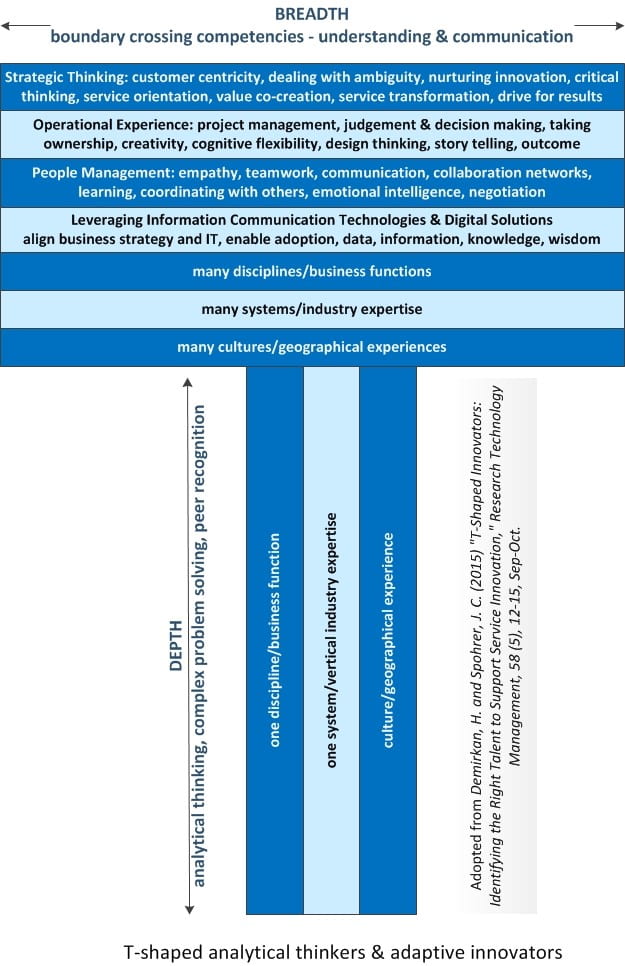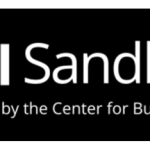Our very own Haluk Demirkan, Ph.D. – Milgard Professor of Service Innovation & Business Analytics at UW Tacoma; CBA Director – Milgard Center for Business Analytics; MSBA Director – Master of Science of Business Analytics Program was invited to give a guest lecture at Stanford University on Friday, April 10, 2020.
The course at Stanford is “DSN 310 W – Building Innovative Teams” and its course introduction is the following:
“In these times of rapid change, innovative teams are at the core of every successful company or organization, from small and local to large and multinational. How do we build these highly innovative teams? What practices sustain them? How do we create a learning culture that continues to drive innovative behavior within teams?”
Professor Demirkan focused on the following topics and offered several insights and thought-provoking questions to consider during his presentation:
– What are T-shaped Analytical Thinkers & Adaptive Innovators?
– Why are they needed?
– How can organizations develop T-shaped individuals, teams and organizations?
As a result of the rapid growth of urban populations and the use of smartphones, the new millennium has ushered in an age of unprecedented levels of collaborative and competitive local and global relations, constantly reshaped by advances in science, public policy, technology platforms and open practices. The dynamic nature of these open innovation-oriented relationships is not sufficiently incorporated into and addressed by conventional education systems. Today’s digital talents are still primarily siloed in functions and disciplines that were designed to meet the needs of an earlier era. Current rewards and incentives are also focused along these lines. Consequently, traditional academics are encouraged to delve deeper within their areas of specialization rather than reach out to colleagues in other disciplines to develop trans-disciplinary research agendas.
Across all sectors, the new digital millennium requires new types of professionals and work practices as well as new types of citizens and social practices. To help people be successful in this dynamic environment of rapidly changing smart service systems, should the education systems of the future encourage hyper-specialization, hyper-flexibility or something else? We need more T-shaped digital professionals and citizens—future-ready innovators, who uniquely combine specialization (critical thinking and problem solving depth) and flexibility (empathy, breadth of knowledge, skills, experience, and complex communication abilities) and who also use smart machines as assistants. This combination of personal capabilities allows for rapid formation of high-performance teams working in open innovation environments to build smarter service systems.
Considerations when developing an organization to leverage T-Shaped Analytic Thinkers and Adaptive Innovators…
Business: What are the problems and/or opportunities?
- Create/amend business processes, create new businesses, close existing ones and enter new markets. Necessary skills for achieving organizational impact and competitive advantage with strategic thinking, service transformation and evidence-based decision making (e.g., communication, project management, process optimization, business ethics, privacy and organizational culture change).
Data: What data and/or digital service could solve this problem?
- Core methods for acquiring, storing, handling and representing data. How to convert that data to information, knowledge, and wisdom for desired outcomes, data modeling and databases?
Analyze: What models & methods can I apply to solve this problem?
- Descriptive, predictive, prescriptive, cognitive/machine learning, visualization/storytelling, core analytical, statistical and computational techniques, regression and related statistical methods, data and text mining and cognitive analytics and operations research methods.
Revolutionize: How to apply to our business?
- Key insights that can be gained only through hands-on experience working with and implementing analytical projects in a business environment.
Reference: Demirkan and Spohrer: Cultivating T-Shaped Professionals in the Era of Digital Transformation; Service Science, 2018, vol. 10, no. 1, pp. 98–109, ©2018 INFORMS
You can learn much more about how we are developing T-Shaped Analytical Thinkers and Adaptive Innovators in our Master of Science of Business Analytics program at UW Tacoma under the direction of Professor Haluk Demirkan. Our MSBA graduates are in high demand as well.
Please visit the Milgard Center for Business Analytics to learn more about our education, research and partnership opportunities. If you have any questions, please contact Michael Helser, Ph.D. directly at helsem@uw.edu.
Blog Post Contributed by Michael Helser, Ph.D. – April 16, 2020.








